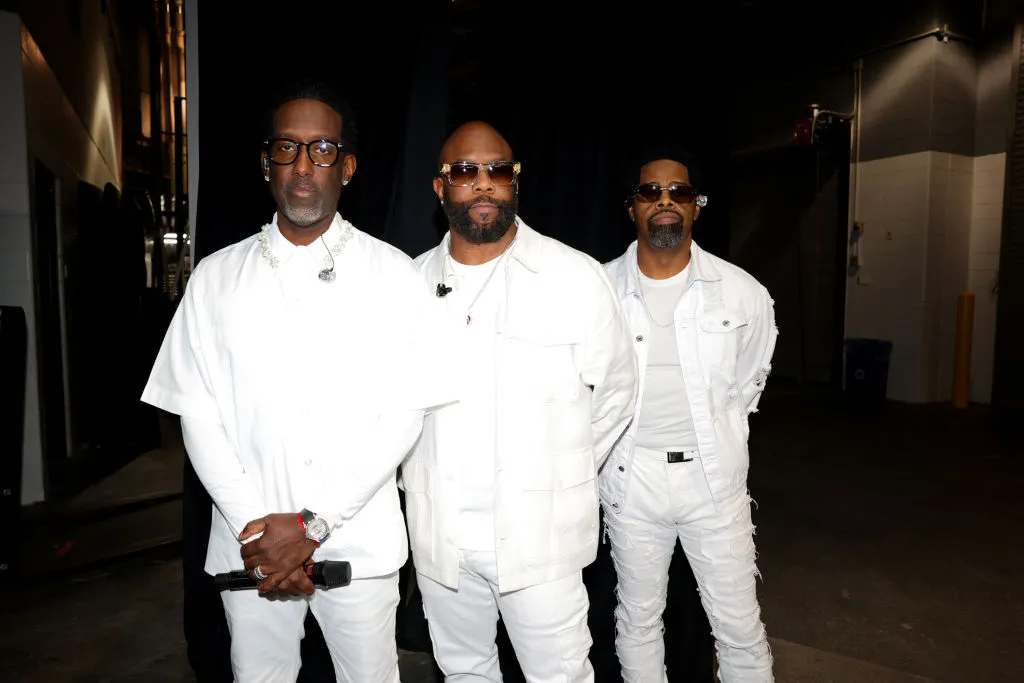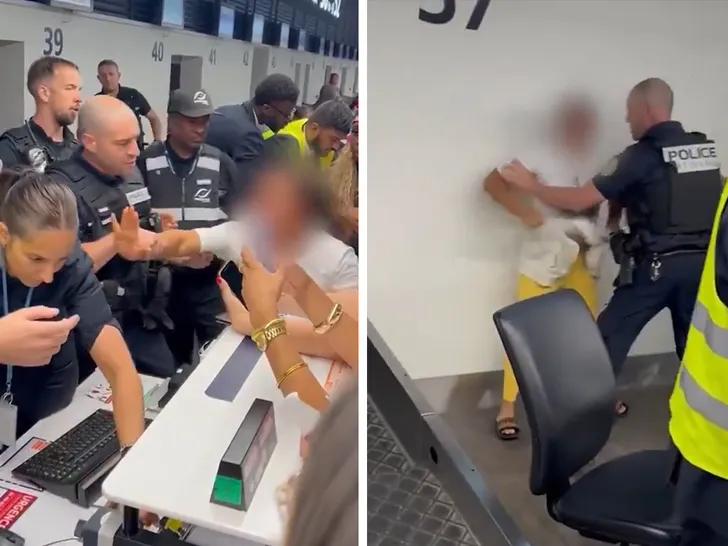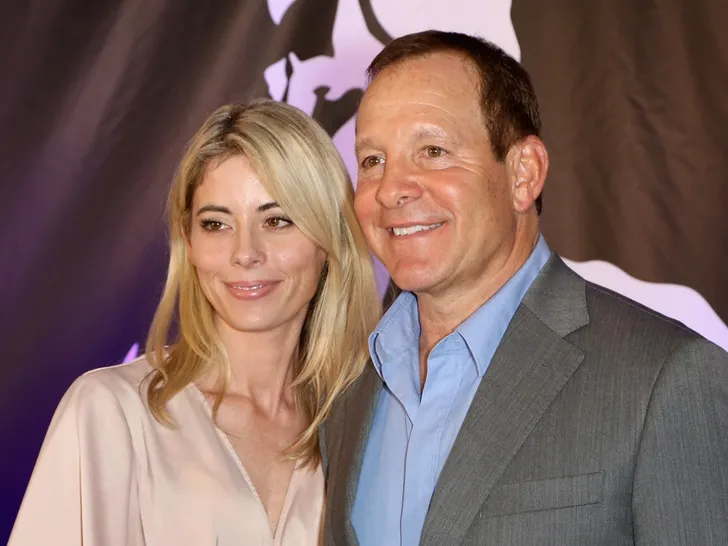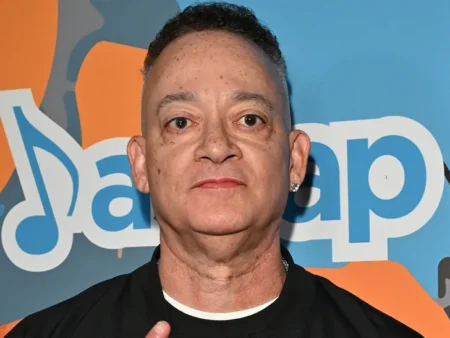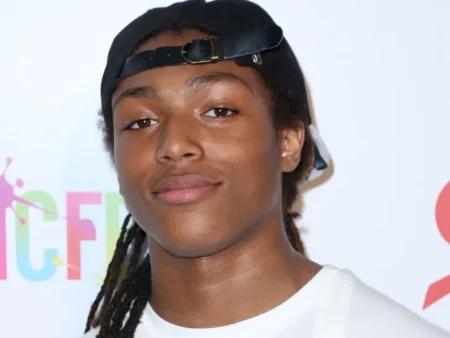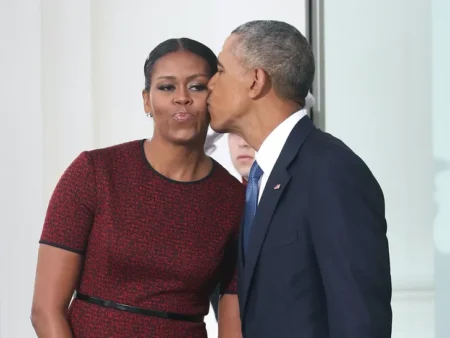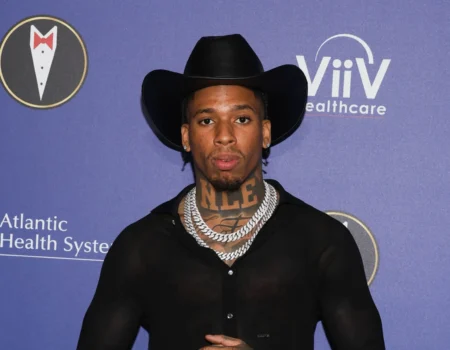Boyz II Men Take Stand for Fair Compensation, Rally Support for the American Music Fairness Act
Legendary R&B group Boyz II Men took their fight for fair compensation to Capitol Hill, urging lawmakers to pass the American Music Fairness Act. In a powerful demonstration of solidarity, the group, along with more than 300 other artists, rallied for long-overdue royalties for musicians whose work fuels the radio industry’s massive profits.
The Boyz II Men-led initiative included a letter signed by prominent artists from a variety of genres, including Aerosmith, Barbra Streisand, Becky G, Bonnie Raitt, Carly Simon, Celine Dion, Darius Rucker, and Mariah Carey, among others. The petition calls for action to close a longstanding loophole that has allowed corporate radio stations to profit from musicians’ work without providing the performers their fair share of earnings.
Boyz II Men and Industry Heavyweights Demand Change
“We’re proud to be here, meeting with lawmakers and advocating for change,” said Boyz II Men’s Nathan Morris, Shawn Stockman, and Wanya Morris. “Artists and musicians work tirelessly to create music that brings people joy. It’s unacceptable that major radio corporations generate billions in ad revenue while refusing to pay the performers who make their business possible. Congress must act.”
The group met with key congressional leaders, including Speaker of the House Mike Johnson, Democratic Leader Hakeem Jeffries, and Majority Leader Steve Scalise, to press for reform. Their goal: to see the passage of the American Music Fairness Act, which seeks to address the unfairness that artists face when corporate radio stations use their music without compensation.
The Legislation: A Fair Compromise for Musicians and Radio Stations
The American Music Fairness Act, introduced by Senators Marsha Blackburn, Alex Padilla, Thom Tillis, and Cory Booker, along with Representatives Darrell Issa, Jerry Nadler, Mark Green, Tom McClintock, and Ted Lieu, aims to close the loophole that enables radio stations to withhold royalties from performers. If passed, the bill would allow nearly two-thirds of radio stations to pay just $500 annually for unlimited use of music, providing a reasonable and equitable solution for both the industry and artists.
Industry experts and musicians alike have voiced strong support for the bill. Carly Simon, one of the signatories of the letter, emphasized the shifting role of radio. “Radio once provided exposure for new artists, but that’s no longer the case,” Simon stated. “Now, AM/FM stations make billions in ad revenue without paying the musicians whose work draws in listeners. That must change.”
A Growing Movement for Artist Compensation
The movement for fair compensation has garnered broad bipartisan support, with advocacy from organizations such as the Alliance for Community Media, Common Frequency, Media Alliance, and the National Federation of Community Broadcasters. A recent poll by the musicFirst Coalition found that 73% of Americans agree that artists should be paid when their songs are played on the radio. This widespread consensus underscores the need for reform.
Boyz II Men’s letter to Congress also highlights the global disparity, pointing out that the U.S. is one of the few countries, alongside North Korea, Cuba, and Iran, that does not pay artists performance royalties for their radio airplay. This outdated policy costs American musicians nearly $300 million in lost international revenue each year.
Randy Travis and the Fight for Artists’ Rights
The bill has already made waves in Congress, with country music legend Randy Travis testifying before the House Intellectual Property Subcommittee last year about the impact of unpaid royalties on artists’ livelihoods. Travis, who can no longer perform due to a stroke, joined the fight to ensure that future generations of artists are properly compensated for their work.
Boyz II Men’s Continued Advocacy for Musicians
For Boyz II Men, this is more than just a matter of compensation—it’s about ensuring that the legacy of music continues to thrive, with artists at the center of the conversation. As the group continues to advocate for change, their efforts are sparking a much-needed dialogue about the value of music and the people who create it.
As lawmakers consider the American Music Fairness Act, Boyz II Men and the broader music community are urging Congress to take action and correct this longstanding injustice. It’s time for the U.S. to catch up with the rest of the world and ensure that artists are compensated fairly for their contributions to the music industry.




